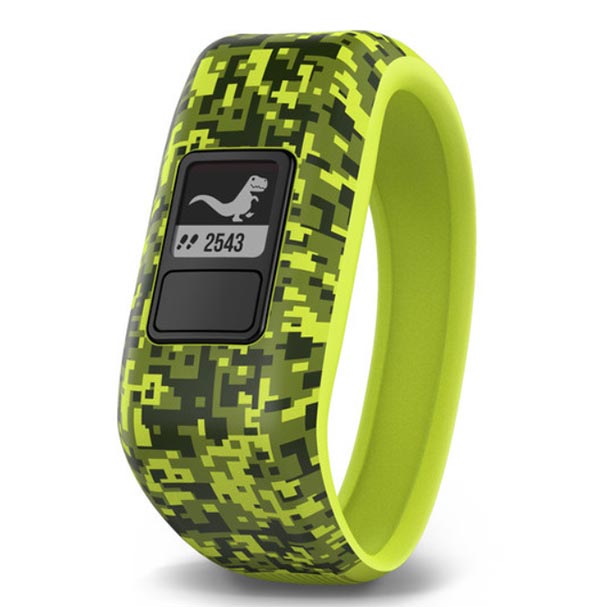

Conversely, when your body is under stress, your heart rate will be elevated and your heart rate variability will be lower. When you’re truly at rest, your heart rate will be low and your heart rate variability will be high. This stress level is estimated and measured through heart rate variability – the variability in the amount of time between heart beats. At the same time, your body can sometimes be experiencing stress and you might not otherwise notice. Sometimes mental stress can have a physiological effect on your body, but not always. Garmin measures physiological stress – not mental stress. People often misunderstand what this “stress” measurement means, and that can lead people to doubt or misunderstand the Body Battery feature as well. Newer Garmin devices track your stress levels throughout the day, and that’s primarily what drives your body battery. You can read more about how Body Battery is calculated on Garmin’s support page here. In fact, one of the best things about this feature is that it will help you better understand your body – and how it responds to different things. This can seem a bit counterintuitive at first, until you understand more about how physiological stress is defined and measured by your Garmin running watch. If you top that off with a poor night of sleep, you may well wake up and find your body battery still drained. On the other hand, if you have a really active or stressful day, your body battery will drain over the course of the day and be low. If you have a calm, restful day, you should find that it’s still high at the end of the day. If you have a restful night’s sleep, you should expect your body battery to charge over night and be high in the morning. But tracking them over the course of a day – or multiple days – you can estimate how rested you are. This data won’t tell you anything about a single moment in time. It’s best to think of Body Battery as a cumulative thing. Your heart rate variability (HRV), activity levels, stress levels, and sleep data are combined to estimate your body battery. Your Garmin device already collects data about your heart rate and activity throughout the day. If, on the other hand, your body battery is consistently low, you may want to think about why that is and make some adjustments to your daily routine. This indicates that you’re well rested and ready to give it your all. Unlike science fiction movies, you’ll never actually hit zero – and nothing horrendous happens to you if you hit 5.īut the general idea is that you’ll want to make sure your body battery is high before you start a strenuous workout. If you don’t take time to rest, or if your rest isn’t actually restful, you’ll bottom out at 5.

If you’re well rested, your body battery will increase until it hits 100. Garmin Body Battery Energy Monitor is new feature on some of Garmin’s watches that combines a variety of metrics to estimate your energy reserve throughout the day. What Is Garmin Body Battery Energy Monitor?


 0 kommentar(er)
0 kommentar(er)
